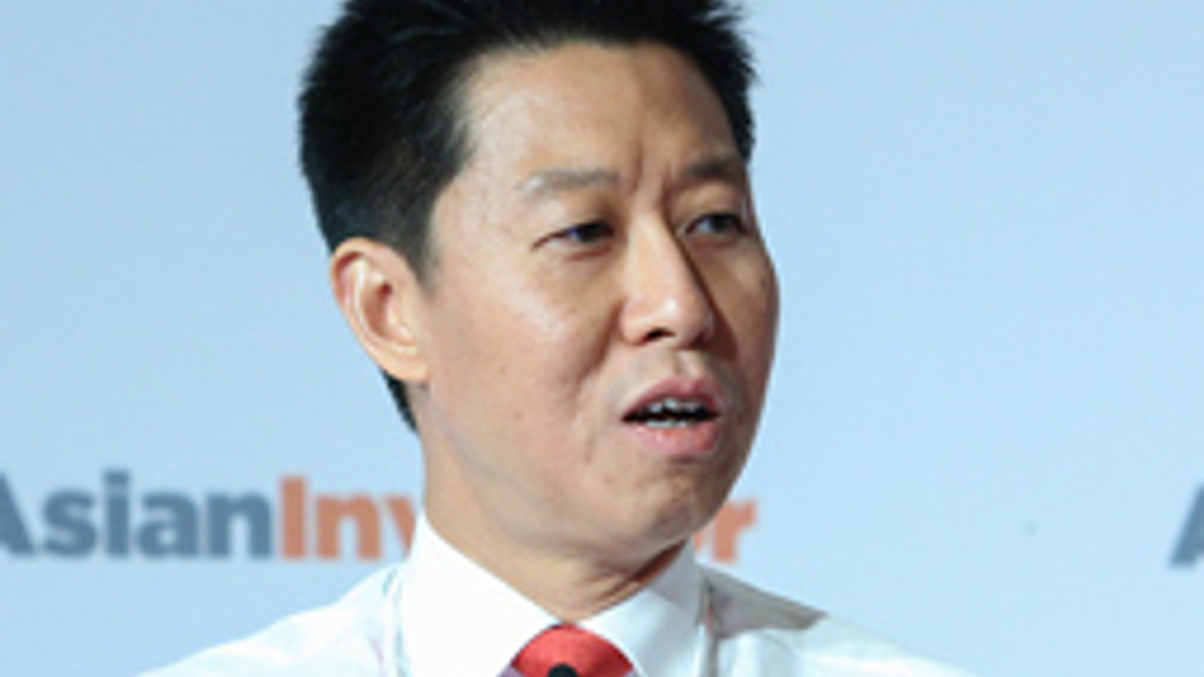Asset owners position for bond market risks
Hong Kong's Hospital Authority Provident Fund and conglomerate Jardine Matheson discuss how they are positioning their fixed income portfolios in light of expectations of interest rate rises.

Investors at a roundtable hosted by AsianInvestor discussed how they are positioning for potential bond market risks in the face of uncertainty around when and how fast interest rates are likely to rise.
Sign in to read on!
Registered users get 2 free articles in 30 days.
Subscribers have full unlimited access to AsianInvestor
Not signed up? New users get 2 free articles per month, plus a 7-day unlimited free trial.
¬ Haymarket Media Limited. All rights reserved.


